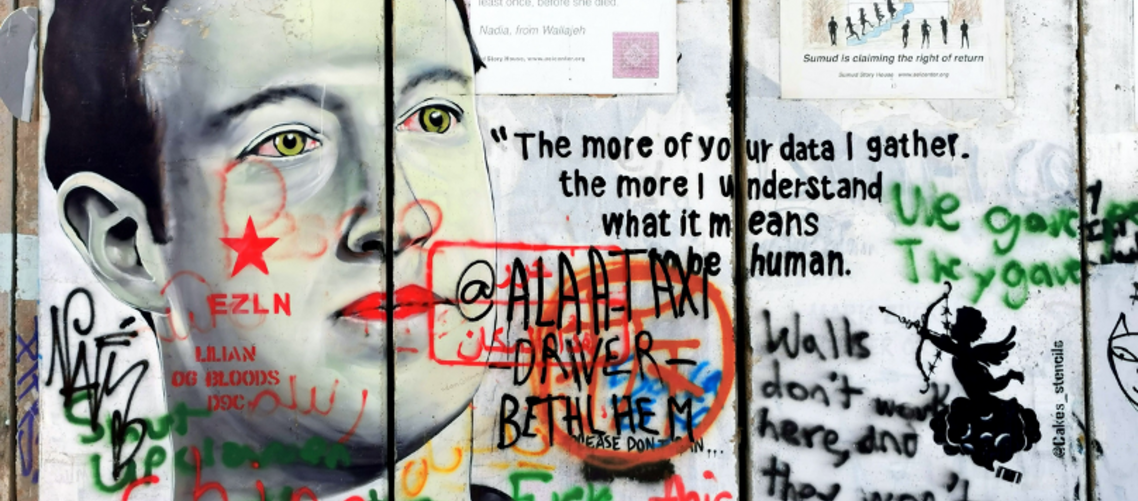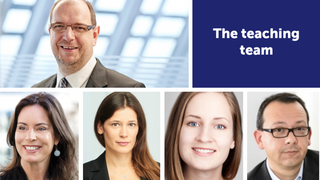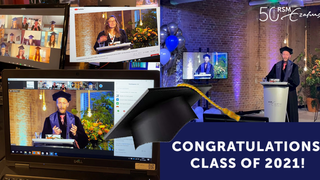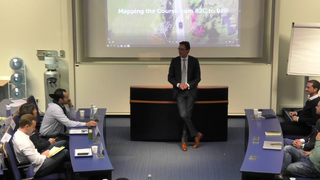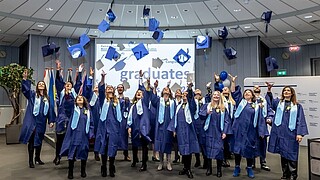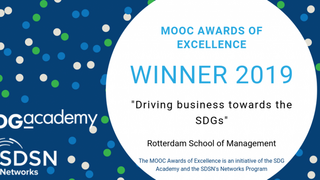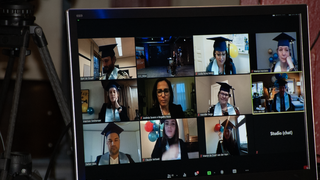The latest MOOC from RSM invites participants to analyse the implications of the Facebook-Cambridge Analytica relationship by exploring how the 2018 reputation crisis was handled by Facebook, and to explore the ongoing public and internal debate about Facebook’s stance. It also prompts participants to identify potential future routes for Facebook by applying frameworks and theoretical knowledge.
Participants explore the case from different angles of reputation and its key drivers, such as governance, leadership, corporate culture, whistleblowing, and citizenship, as well as reputation as a whole. The online course delivers learning materials in the form of videos, exercises, assignments, and participants work will be graded.
Following an investigation, Cambridge Analytica shut down, while Facebook faced record fines from a number of countries worldwide. It prompted stricter data privacy regulations, and sparked debates about misinformation, data handling and privacy that are still ongoing.
Reputation Crisis? Facebook meets Cambridge Analytica is also available as a paper-based study that can be downloaded from the Case Development Centre’s online catalogue. The course is taught in English, and can be followed free of charge via Coursera, a provider of online classes from more than 120 top universities and educational organisations.
Companies such as Facebook have enormous influence. Studying them can provide a better understanding of that influence – and its paradox; there was a huge public backlash when the nature of the relationship between Facebook and Cambridge Analytica came to light and Facebook’s brand and the trust of its users was affected, yet Facebook continued to grow its user base and its revenues.
Analysis and implications
As potential future reputation and crisis managers, students will analyze and learn from Facebook’s response, potential explanations for its approach to privacy and data handling, potential actions to address these issues, as well as implications for other tech companies, and what they could do to become more responsible societal actors.
The multi-sourced business case has been developed by academics, researchers, writers and learning consultants from two faculties at Erasmus University Rotterdam: the Erasmus School of History, Culture and Communication (ESHCC) and RSM and its Case Development Centre (CDC).
- From ESHCC, associate professors Dr Vidhi Chaudhri and Dr Daniel Trottier in the Department of Media and Communication, and Learning and Innovation Consultants Leonie Ridderstap and Stephan Pronk.
- From RSM, Dr Ana Martinovici from RSM’s department of Marketing Management and Prof. Joep Cornelissen in RSM’s department of Business-Society Management.
- The ensuing MOOC was prepared by CDC’s Managing Editor Tao Yue and Student Case Writer Raminta Beraite, in collaboration with Dr Vidhi Chaudri.
- Additional consultancy and advice was provided by Mandy Hollander and Rachel Ligtvoet from Risbo, an independent institution for research, training and advice linked to the Erasmus School of Social and Behavioural Sciences.
CDC’s Managing Editor Tao Yue said it’s the one of the first MOOCs to be created around a case study – a new and therefore challenging task. “Through constant experimenting and adjusting, I learned how to make this happen both pedagogically and process-wise,” she said. CDC has developed similar courses with partners before, such as the MOOC with ENABLE, ‘Business model innovation for sustainable landscape restoration’.
RSM CDC business cases are widely used in business and management education around the world. The Centre supports case-based management education by turning exceptional business and management experiences into powerful learning tools by jointly developing a course or learning module with the case method embedded. For more information, please see www.rsm.nl/cdc/.
